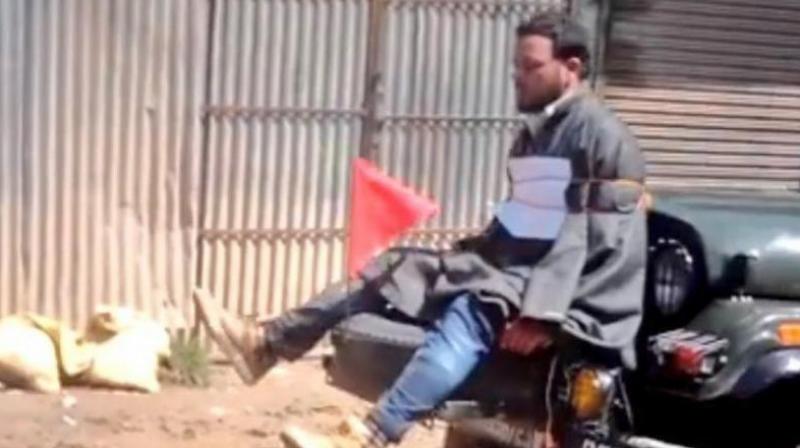Emergency by other means
It was this day 42 years ago that Emergency was imposed on the nation through constitutional means.;

It is not just a coincidence that we remember this today. This day, 42 years back, India woke up to the fact that all constitutionally guaranteed fundamental rights can become unenforceable by invoking the very same Constitution. People were detained for political beliefs and any whisper against the rulers became the grounds for loss of freedom and preventive detention. Right to life, the most precious fundamental right, was pronounced by the highest court of the land as not enforceable through writ remedy, of course, with late Justice H.R. Khanna, famously dissenting but had to pay the price for that. The people of India, in a ballot revolution, gave a well-deserved riposte to the authors of Emergency decrees. Today, our Constitution gives more safeguards against arbitrary declaration or continuance of an emergency.
Are we a stronger democracy now? There is, of course, a sense of empowerment and more organised groups do fill the political space now. But something strange has happened. To quote Nikos Poulantzas, the eminent political scientist, there is “a lasting revolution towards ‘authoritarian statism’, which would conserve the formal institutions of representative democracy, while emptying them of their substance.” This is a very apt description of the scene in many parts of the world today. (Authoritarian statism- a political system in which the state has substantial centralised control in all spheres and authorities think they know what is best for the citizens.)
Even when checks and balances are in place, whims, wishes and caprices do reign supreme on many occasions. From small-time functionaries to higher authorities, streaks of authoritarianism and ego are in full display. Burgeoning litigation is one palpable reflection of executive apathy. The ordinary citizen, who pays her/his taxes to the exchequer, has no confidence to enter a public office and demand services. This is where the category of middlemen of various hues enters and thrives. Electronic governance is a partial solution but the human element in many realms cannot be dispensed with. The right to information and right to services are effective weapons against the emptying tendencies of institutions. But they, too, have succeeded more in re-empowering the empowered.
It is not a bad thing in itself, if at least some part of empowerment can trickle down. Struggles on the margins for livelihood, often a consequence of governance apathy, become the fertile ground for camouflaging different types of extremism, which in turn results in further might of the authorities. We did learn how priceless our democratic rights were in the 19-month Emergency. But the second step of deepening of democracy by empowering the citizenry and genuine decentralisation is yet to happen. When Emergency was declared and till it was relaxed, there was a complete and eerie silence in the public domain. Now, we are feeling the other extreme. One cannot voice certain opinions unpalatable to a vocal and strong section in a domain. Immediately, the new technology media breaks into a cacophony of abuses and the main issue gets oversimplified and sidetracked.
A sane analysis or debate without rancour and insults is becoming rare in the public sphere. There are only round pegs and they have to fit them in holes. No square peg can exist and everyone needs to be rounded off to dance to the tune of cacophony masters. This din can empty the substance of democracy. Listening and accommodating is the essence of democracy, while numbers and majority are its form. Our freedom movement and constitutional ethos recognised this fully. Fringe elements of violence and separatism can never get popular support in this country, as they are alien to the idea of accommodative spirit.
It is time to look at how we have travelled since the 1970s and start a genuine move towards decentralisation of power and authority and a citizenry free from fear and servility. As Mahatma Gandhi envisioned and Jayaprakash Narayan iterated, power should move in concentric circles and not as in a vertical pyramid. It is not a pipe dream, but an alternative to strive for. World over, political pyramids have become fossils. While remembering how our voter did the ballot revolution for regaining fundamental rights in 1977, we have to aim at fundamental restructuring of power structures for a genuine and functioning decentralisation, which can only de-bureaucratise and deepen democracy.
(Writer is a former IAS officer)

